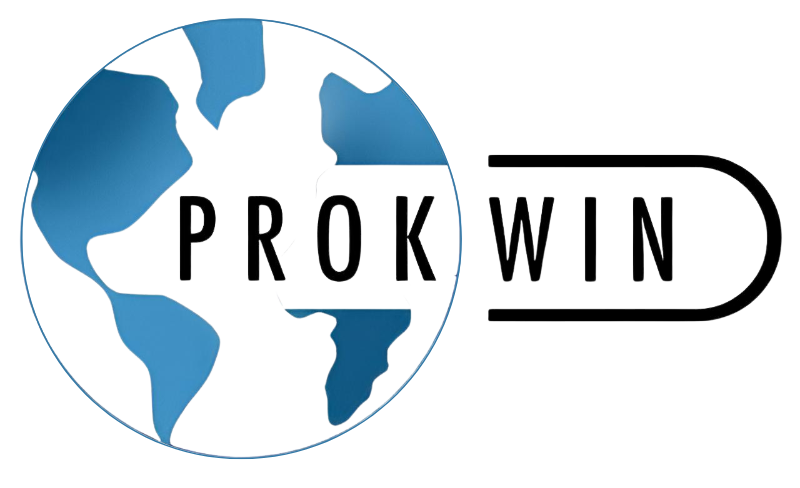Supplier diversity is all about giving everyone a fair shot at doing business. In the Middle East, this idea is catching fire, and it’s changing the game for companies and communities alike.
What is Supplier Diversity?
Think of it like this: Imagine a big company, like a giant corporation. Traditionally, they might only buy from big suppliers. But supplier diversity says, “Hey, let’s open this up!” They actively seek out smaller businesses, women-owned businesses, and businesses owned by people from different backgrounds. This creates a more level playing field and gives everyone a chance to succeed.
How Does it Work?
It’s a win-win situation. Companies benefit from a wider range of suppliers, which can lead to better products, services, and prices. Diverse suppliers, in turn, get access to new markets and opportunities, boosting their businesses and creating jobs.
How is it Implemented?
Companies implement supplier diversity in various ways. Some set specific goals for spending with diverse suppliers, while others create dedicated teams to focus on sourcing and developing diverse businesses. Training employees on the importance of supplier diversity and providing mentorship programs are also common practices.
Government Initiatives
Governments in the Middle East are also playing a crucial role in promoting supplier diversity. They’re implementing policies that encourage the inclusion of diverse suppliers in public procurement processes and providing financial support to help these businesses grow.
Female-Owned Businesses
Women-owned businesses are a powerful force in the Middle East’s economy. However, they often face challenges such as access to finance and limited networking opportunities. Supplier diversity programs can help level the playing field and empower these businesses to thrive.
Improving Supplier Diversity
To further advance supplier diversity in the Middle East, we need to:
Raise Awareness: Educate businesses and government agencies about the benefits of supplier diversity.
Simplify Processes: Streamline procurement procedures to make it easier for diverse suppliers to participate.
Provide Support: Offer mentorship, training, and financial assistance to help diverse businesses grow and compete.
Foster Collaboration: Encourage partnerships between diverse suppliers, corporations, and government agencies to create a strong support network.
Enhance Recognition: A global certification would increase the visibility and credibility of diverse businesses.
Facilitate Cross-Border Trade: A standardized certification could facilitate cross-border trade and partnerships.
Why the sudden surge of interest?
One of the primary advantages of supplier diversity is the infusion of fresh perspectives and innovative ideas. Diverse suppliers, often from different cultural backgrounds and with unique experiences, bring a wealth of knowledge and expertise to the table. This can lead to groundbreaking solutions, improved product quality, and enhanced customer satisfaction.
Moreover, a diverse supplier base can strengthen supply chain resilience. By spreading risk across multiple suppliers, organizations can mitigate disruptions caused by geopolitical events, natural disasters, or economic downturns. This increased resilience ensures business continuity and minimizes potential financial losses.
Another significant benefit of supplier diversity is its positive impact on local economies. By partnering with diverse suppliers, organizations can contribute to job creation, skill development, and economic growth in underserved communities. This fosters social responsibility and builds strong relationships with local stakeholders.
Furthermore, supplier diversity can enhance a company’s reputation and brand image. By demonstrating a commitment to diversity, equity, and inclusion, organizations can attract and retain top talent, build customer loyalty, and attract socially conscious investors.
In Conclusion
With increasing government support, corporate commitment, and growing awareness, the region is poised to become better in inclusive and equitable business practices. We can expect to see more diverse suppliers thriving, contributing to economic growth, and driving innovation.
Supplier diversity is more than just a buzzword; it’s a powerful force for change. By embracing diversity and inclusion, companies and governments in the Middle East can create a more equitable and sustainable business landscape. Let’s work together to make supplier diversity a reality and build a brighter future for all.
Additional information:

No responses yet